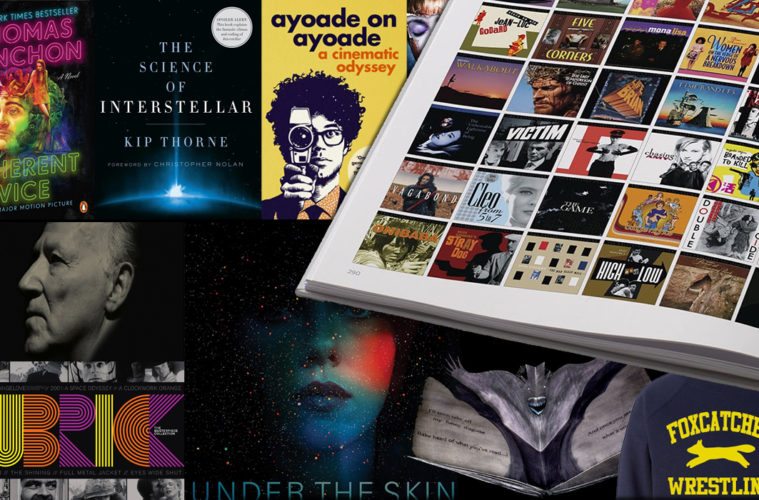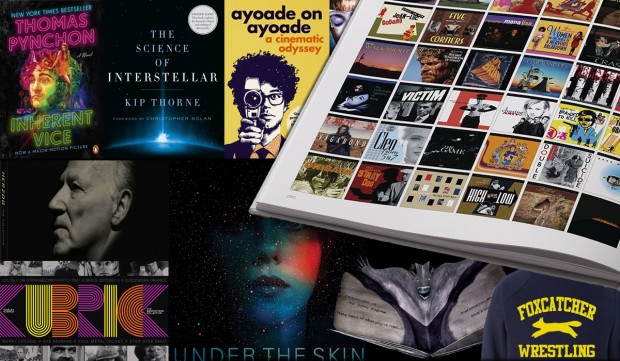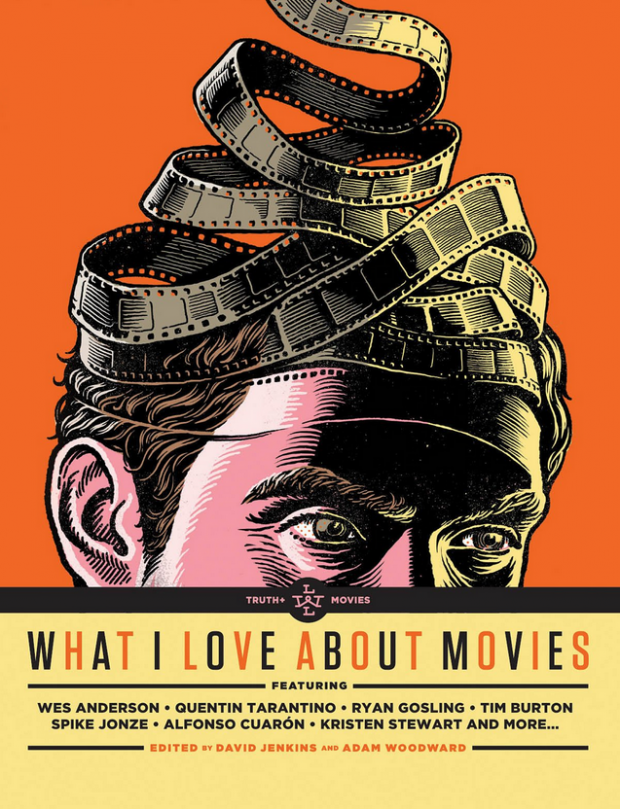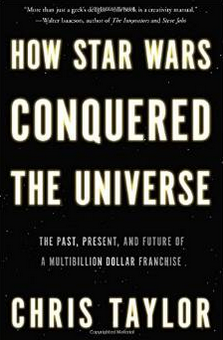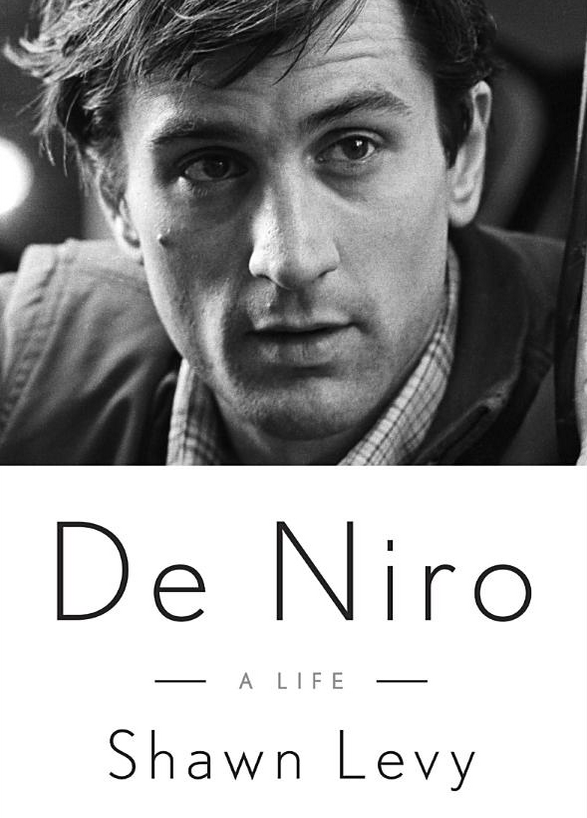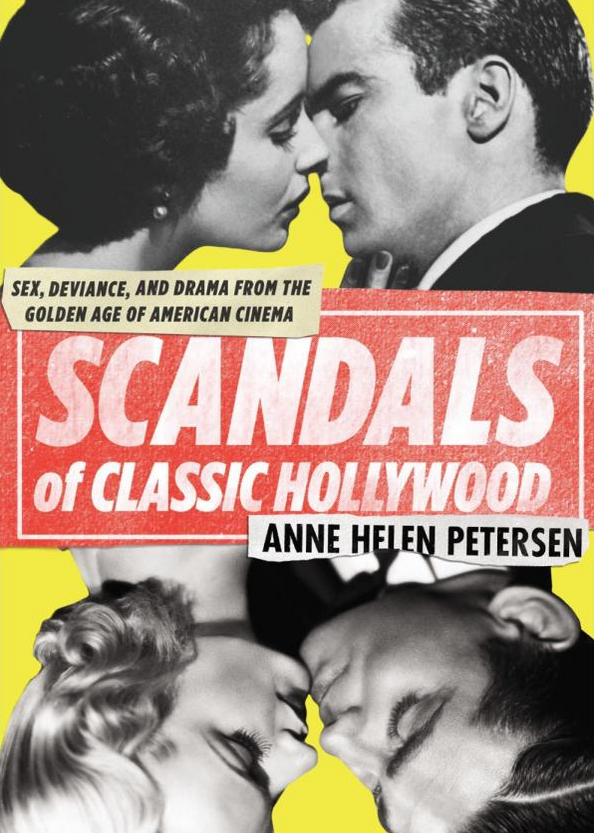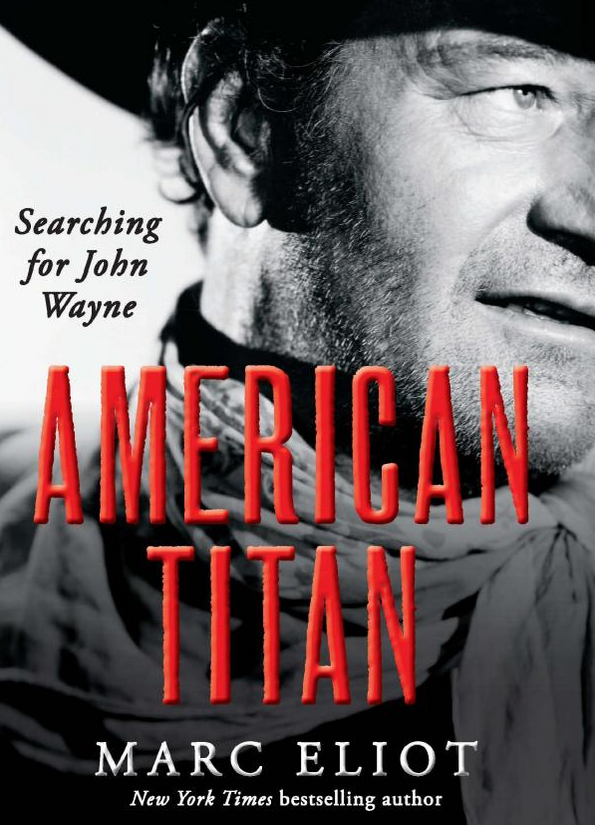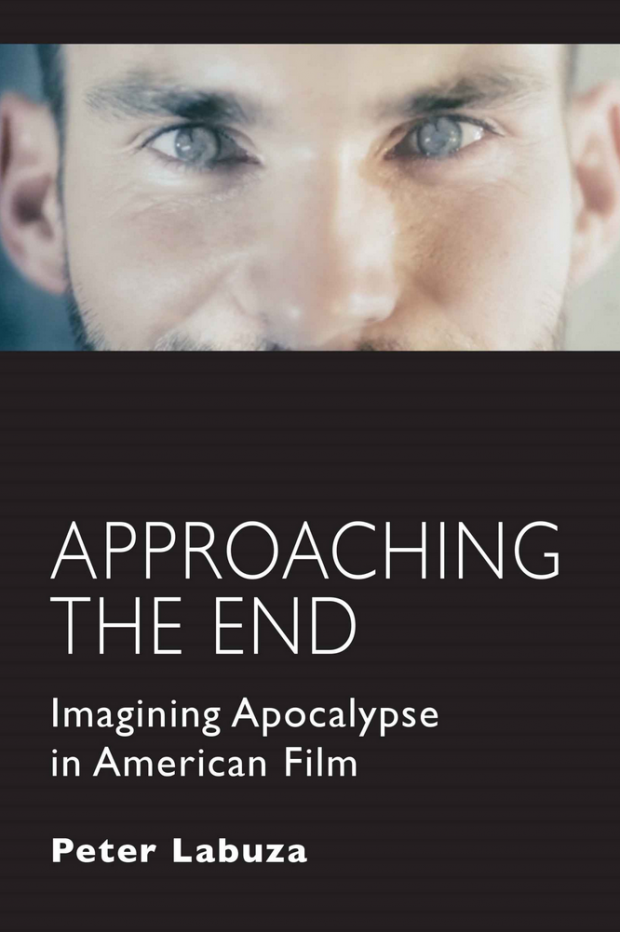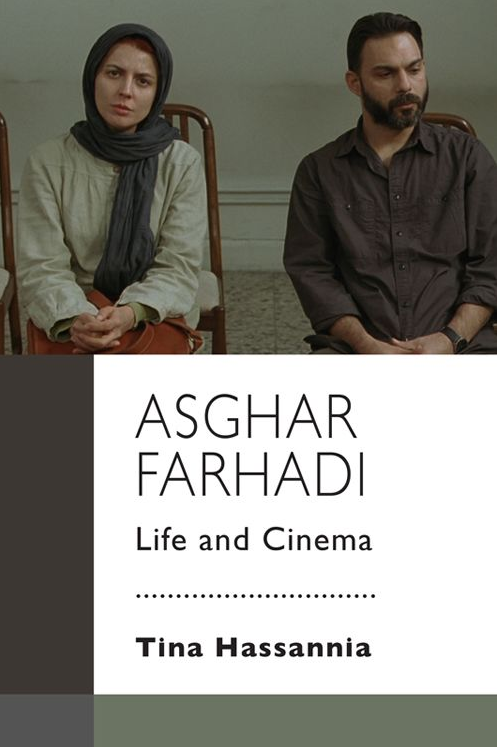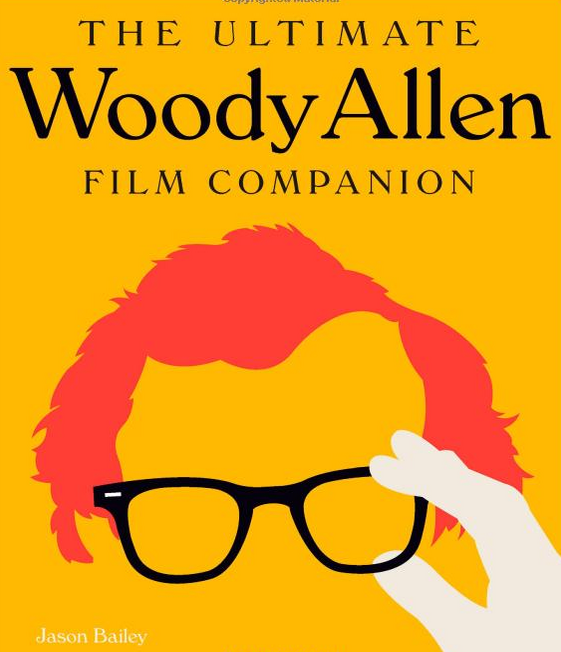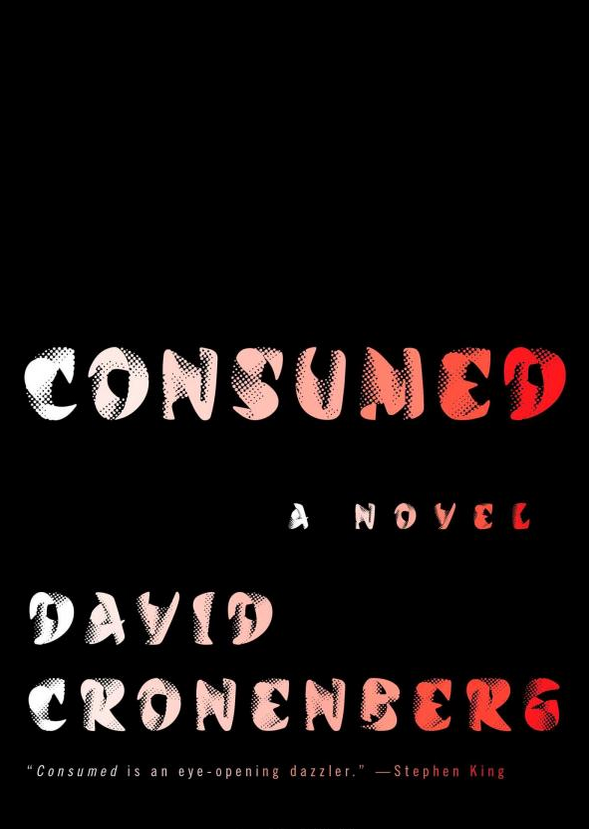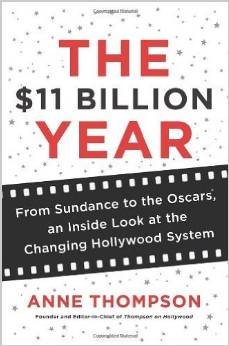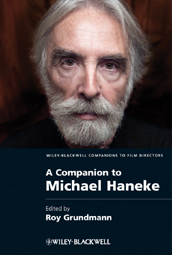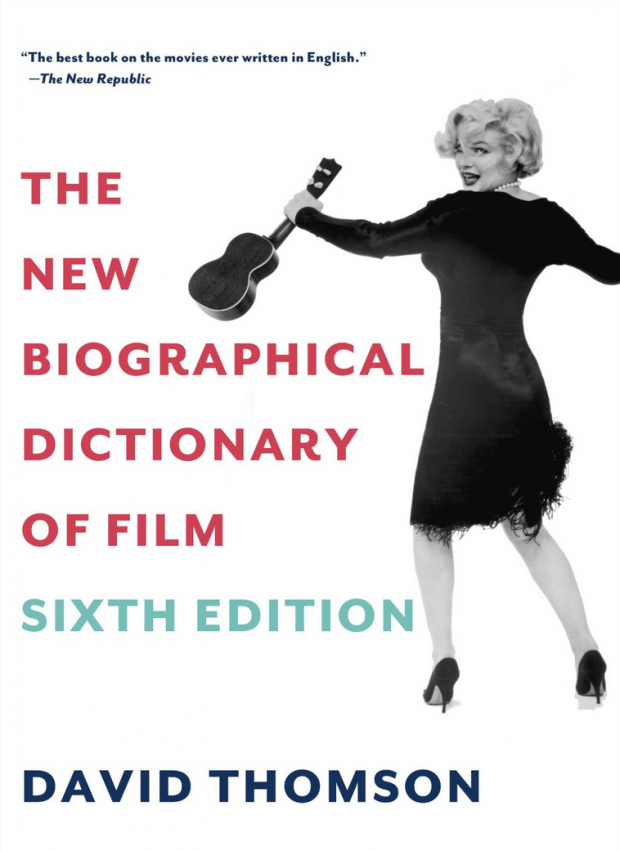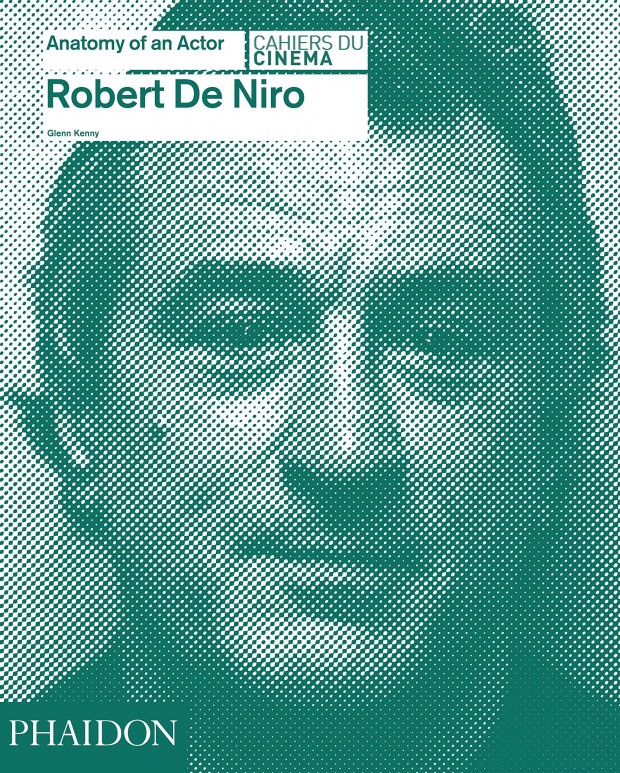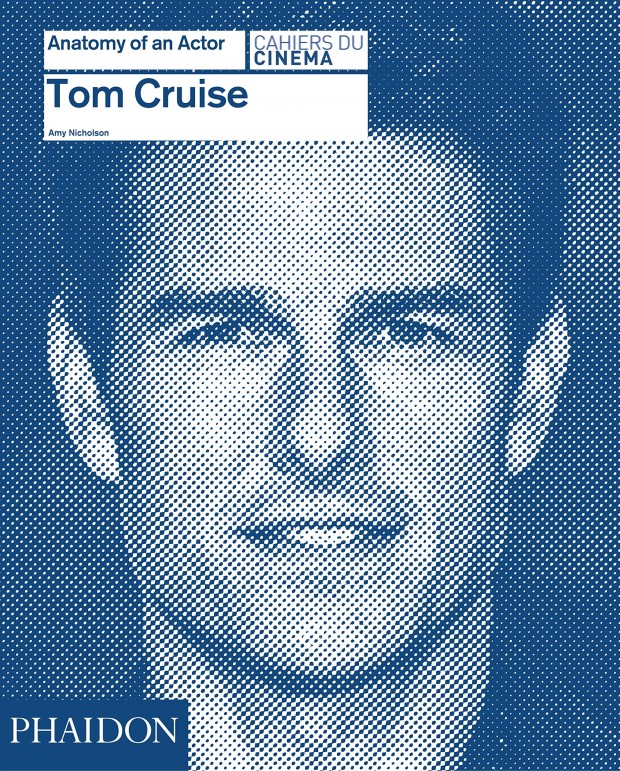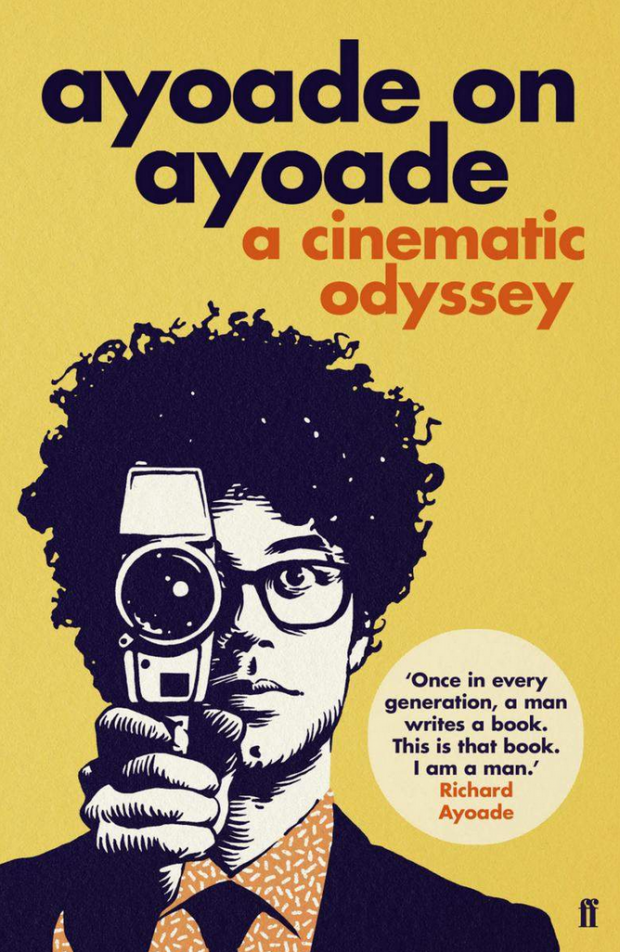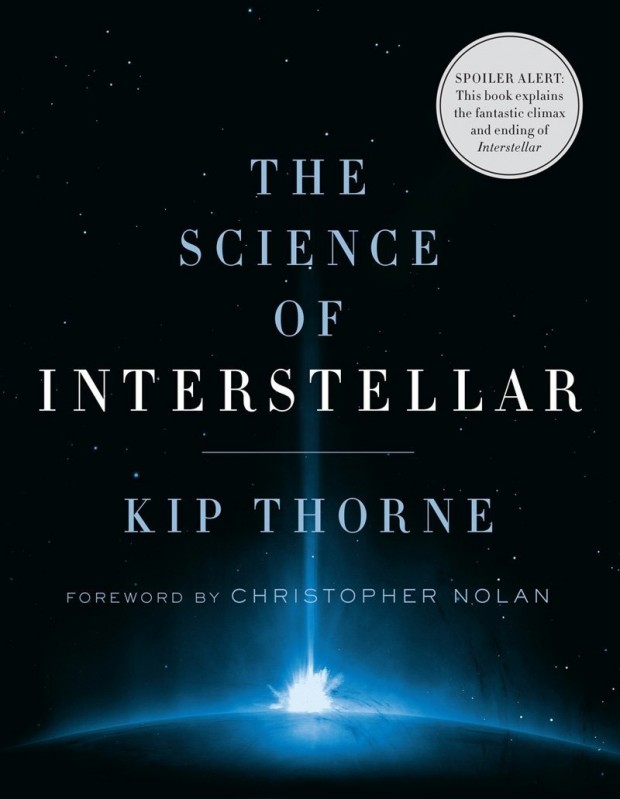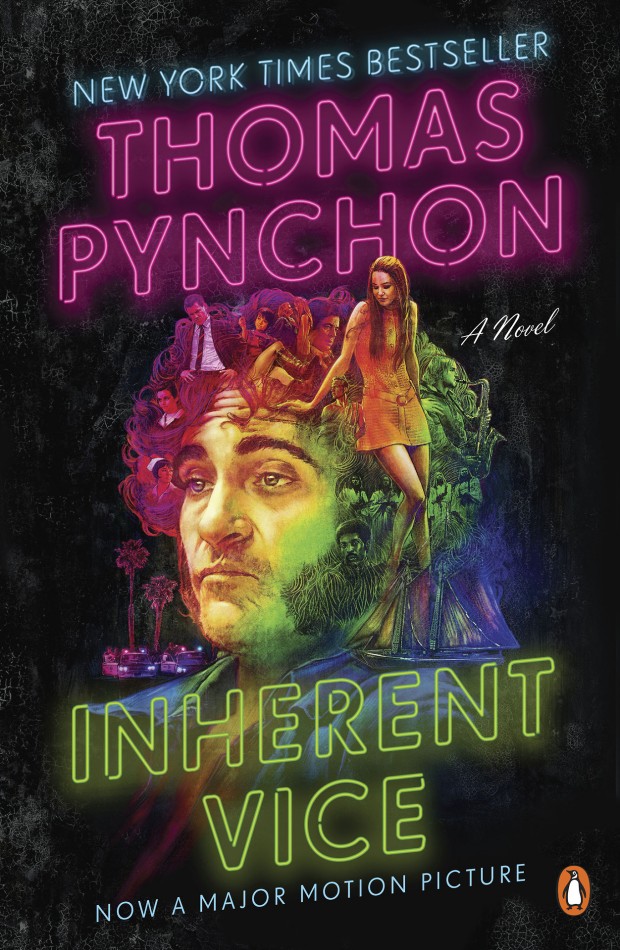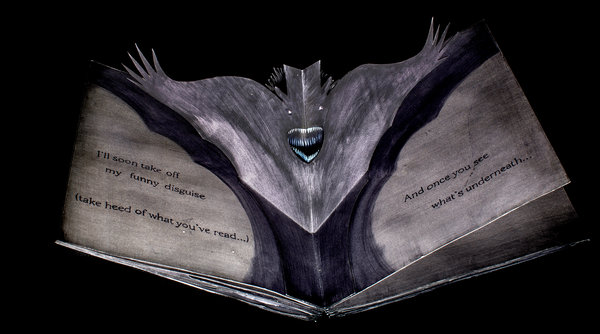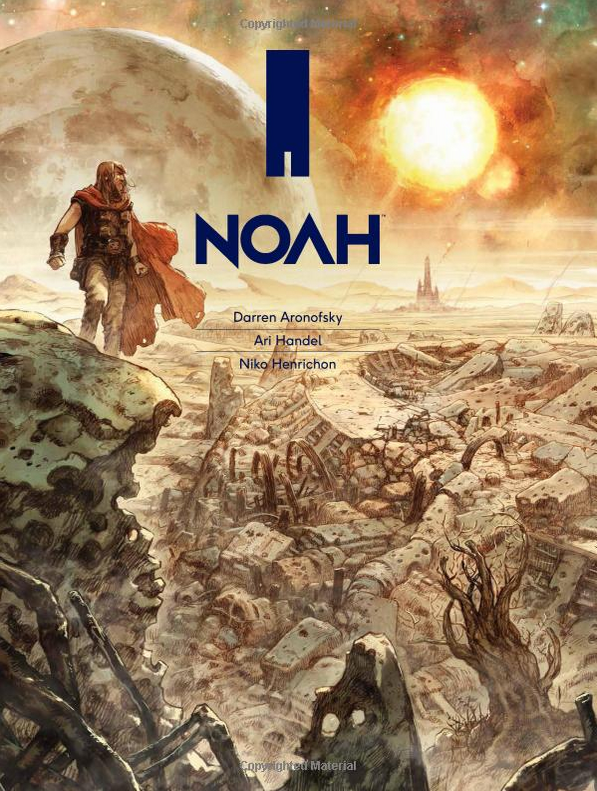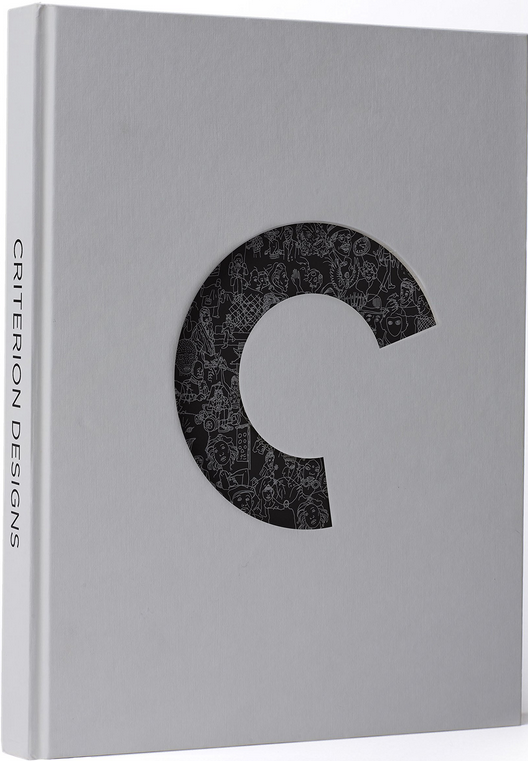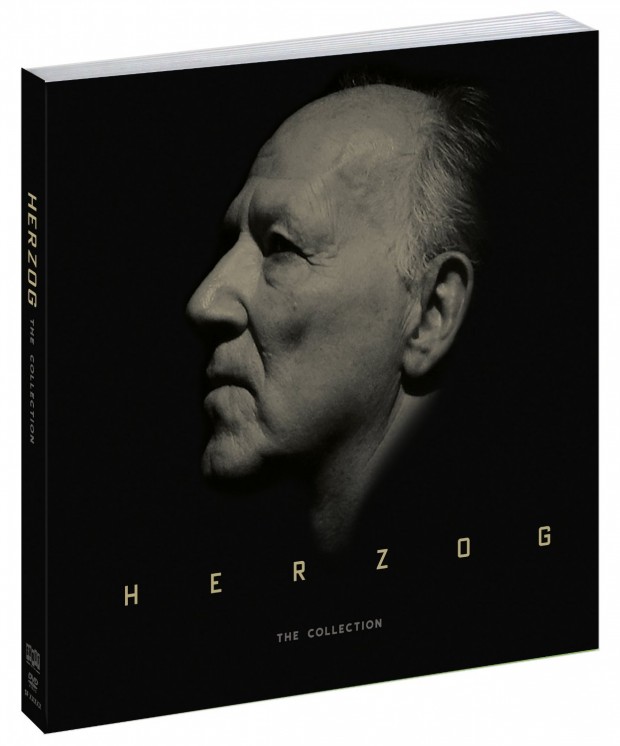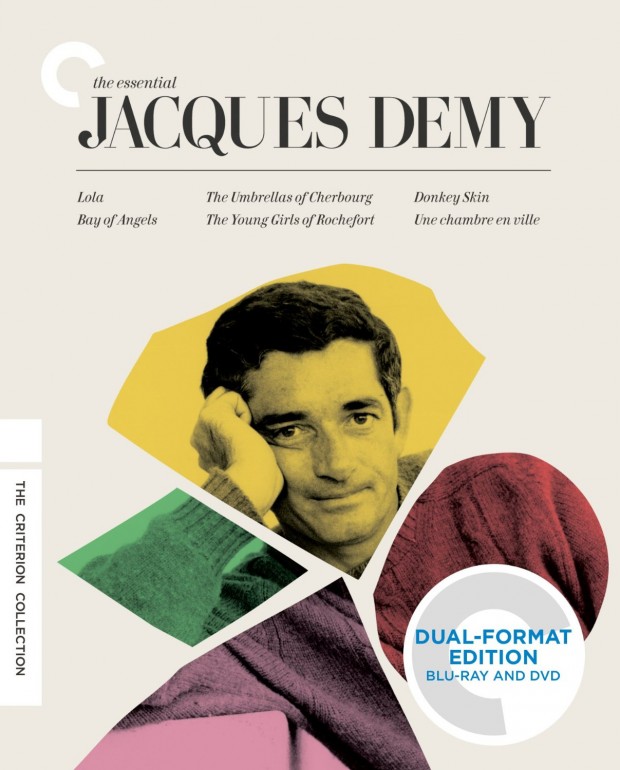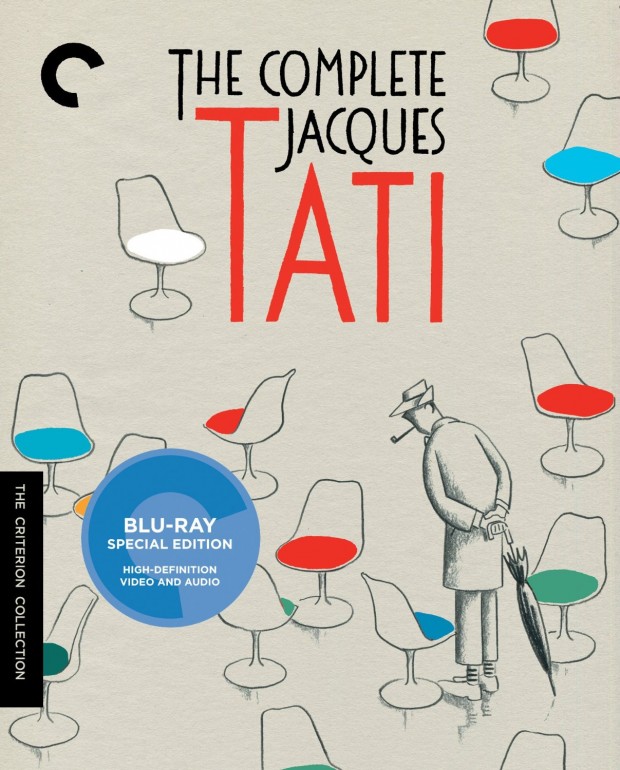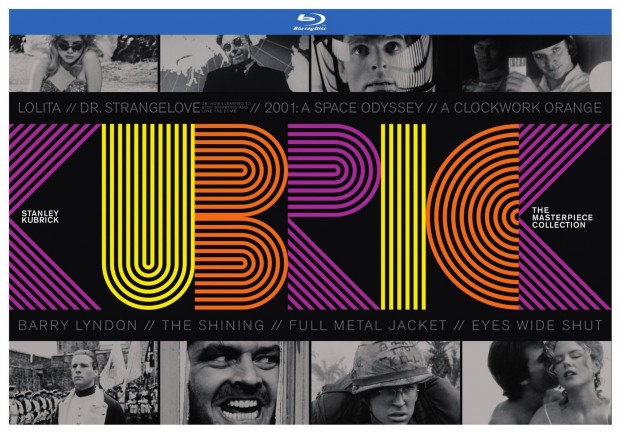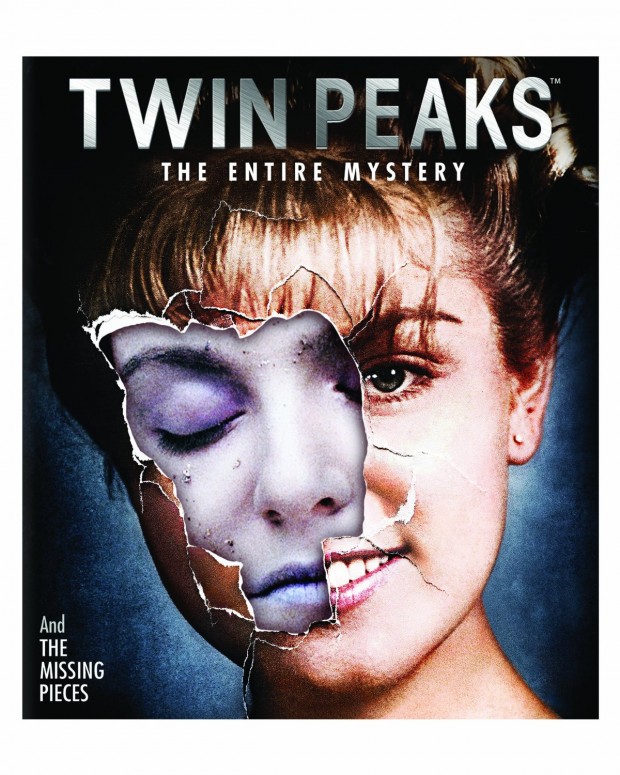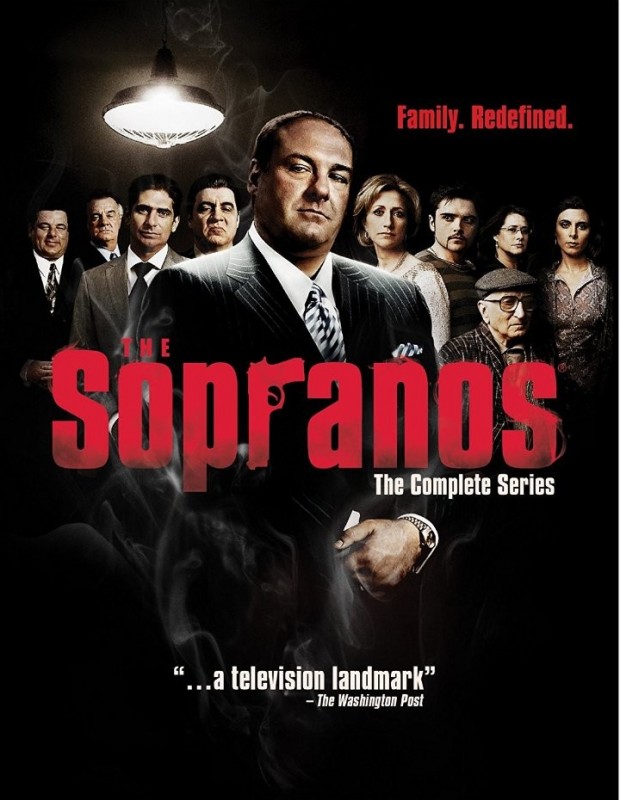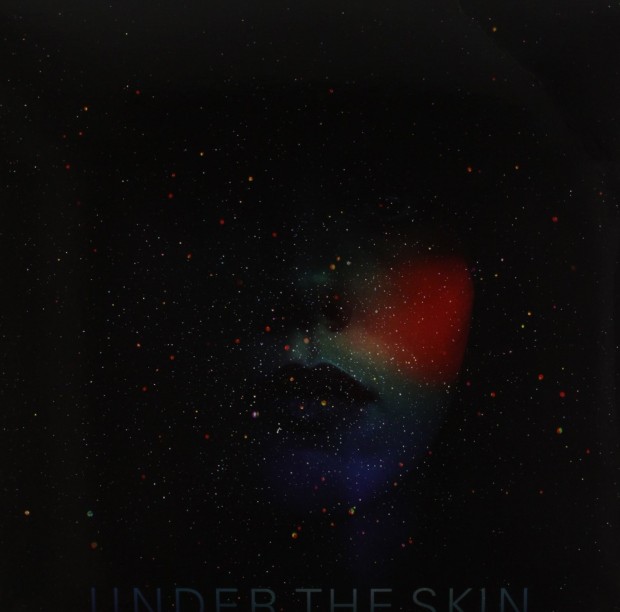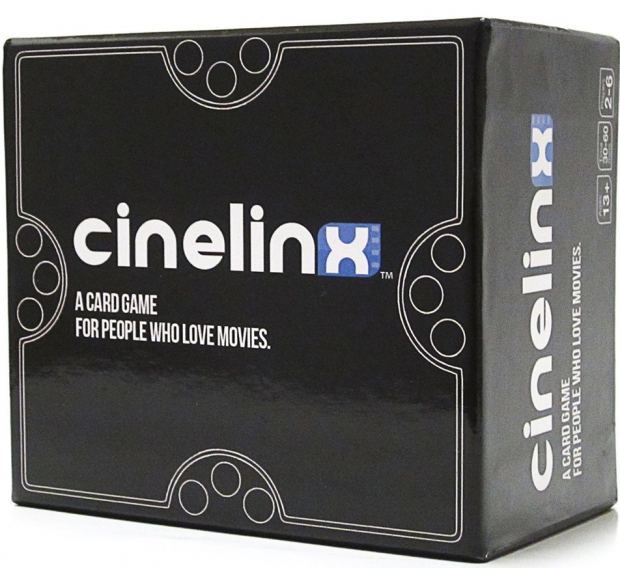The holidays are in full swing, and this Christmas brings a good slate of options for cinephiles. We’ve compiled the best Blu-ray sets, books, albums, games, and more that are tailored to our tastes here at The Film Stage, and which we hope our readers will enjoy giving (or treating themselves to). To kick things off, we have stunning new books from acclaimed authors Karina Longworth and Anne Helen Petersen, deconstructions of icons Robert De Niro and John Wayne, a fascinating study of the power and cultural impact of Star Wars, and a gorgeous text presented by the great U.K. film magazine Little White Lies. Check out everything below and, to pick them up, simply click the titles.
Books
What I Love About Movies (Edited by David Jenkins and Adam Woodward)
It is fitting that the first book presented by the immaculately designed Little White Lies is a visually striking, thematically wondrous treat. What I Love About Movies compiles answers to the question “What do you love about movies?” from various actors and filmmakers, along with enjoyably brief biographies and stunning illustrations. One is hard-pressed to pick a favorite response when so many are so unique, a natural result of everyone from Francis Ford Coppola to Kristen Stewart being represented. But it is the great Terence Davies whose response most resonates: “I love their magic. In a crowded room, in the dark, you watch something collectively but you think the secrets are being told only to you. That’s magic.” – Chris S.
How Star Wars Conquered the Universe (Chris Taylor)
Mashable editor Chris Taylor does something quite special in How Star Wars Conquered the Universe, his analysis of the creation and legacy of George Lucas’s space fantasy: through new interviews and cogent commentary, he brings fresh insight to what makes the Skywalker saga so compelling. But what I found most interesting is his account of the much-despised prequel trilogy and the process that led to J.J. Abrams’s Episode VII. From fun gossip (Taylor writes that Natalie Portman was notoriously prickly on set, reducing then 12-year-old Phantom Menace co-star Keira Knightley to tears) to an astute examination of Anakin’s jumbled turn to the Dark Side (“In the end, the fall took place in fewer than 10 confusing minutes”), this is a smart, wildly enjoyable must-read. – Chris S.
Hollywood Frame by Frame (Karina Longworth)
I’m not sure there is a stronger writer on film than Karina Longworth, whose explorations of Al Pacino and Meryl Streep are among the smartest cinematic studies of recent years. Her latest effort, Hollywood Frame by Frame, is subtitled “The Unseen Silver Screen in Contact Sheets, 1951-1997,” and that is a wonderful description. These stills, from films as diverse as Raintree County and The Crow, “document both the creation of, as Alois M. Müller put it, the ‘monumental façade,’ and the slippage of that façade.” That “slippage” is catnip to film fans, and Longworth’s book demonstrates why. – Chris S.
De Niro: A Life (Shawn Levy)
The 2000’s are perhaps not the best time in which to look closely at the life and career of Robert De Niro. Biographer Shawn Levy recognizes this, referring to the actor’s awful 2013, a year of indignities like The Big Wedding and Killing Season, as “the single busiest year in [De Niro’s] acting career, and a rather appalling one — six films in theaters from April to December, almost none of them worth leaving the house for.” This candor makes De Niro: A Life a worthy read. Stories of the actor’s father, himself an artist, and De Niro’s Stella Adler days are, of course, fascinating, but Levy also insightfully probes his work in films like Cape Fear and Midnight Run. It’s a long (nearly 600-page), endlessly readable reminder of why the actor is so important, and why his recent output is so often disheartening. – Chris S.
Scandals of Classic Hollywood (Anne Helen Petersen)
In Scandals of Classic Hollywood, Anne Helen Petersen brings new life to oft-told Hollywood legend. Yes, we’ve been down this road before — the troubled life of Judy Garland, the seductive power of Valentino, the sad story of Montgomery Clift — but Petersen’s bracing blend of commentary and history is well worth revisiting. Consider these words on Marlon Brando: “[H]e was like Rousseau’s natural man, a child of nature who simply followed his whimsy … But he wasn’t pure id either — he loathed that other presumed he was like Stanley Kowalski in real life. The real Brando was the antithesis of Kowalski: ‘I despise that type of human being.’” – Chris S.
American Titan: Searching for John Wayne (Marc Eliot)
It is easy, decades after his death, to downplay the significance of John Wayne. But Marc Eliot’s biography American Titan: Searching for John Wayne does a fine job of explaining what makes the Duke remain so endlessly appealing for so many. The personal and professional highs and lows are well represented, of course, but I most enjoyed the account of Wayne’s long quest to make The Alamo, and the involvement of John Ford. The director of some of Wayne’s greatest films invested money in the project and was on set and “ready for the first setup, a presence that confused everybody and upset Wayne, who felt that Ford was trying to take over and turn The Alamo into a John Ford film, signed by Wayne but fooling no one.” As Eliot writes, exactly how much of the final product Ford directed is unknown, adding another level of mystery to an already complex career. – Chris S.
Approaching the End (Peter Labuza)
For all the limitless possibilities cinema affords us, there are still certain elements I’d never consider compatible. Although apocalyptic films and noir would be fairly high on my own list, Peter Labuza — full disclosure: a valued contributor to this site and personal friend — makes thoughtful arguments for the strange unity of those genres in Approaching the End, a medium-sized study that, among its several virtues (including confident prose and the mixing of popular titles with lesser-known examples), should encourage readers to more fully consider how they perceive cinematic narrative. For being at once accessible in its execution and intricate in its arguments, Labuza’s text will only rise in academic currency as the years go by. – Nick N.
Asghar Farhadi: Life and Cinema (Tina Hassannia)
It’s quickly become obvious that Asghar Farhadi is one of our great cinematic storytellers, and yet, for all the reviews and interviews that have been made available in recent years, no one (or no one that I can find evidence of) has done a truly extensive investigation. Fans of the great writer-director will thus be thankful for the efforts of Tina Hassannia, whose extensive experience with Iranian film and insightful eye have brought us Asghar Farhadi: Life and Cinema. She begins by interviewing the main subject for some 25 pages — all the better that this book’s print isn’t exactly huge — before transitioning into a film-by-film breakdown that gives each of his six titles (especially the rare Dancing in the Dust and Beautiful City) what’s likely their longest available studies. It’d be a great buy if you’ve only seen A Separation and The Past, but with both the quality of effort and Farhadi’s ever-burgeoning status kept in mind — his 2009 masterpiece About Elly will finally hit U.S. shores in April; we can hope the others are on their way to some similar treatment — Life and Cinema‘s rewards extend far beyond the final page. – Nick N.
The Ultimate Woody Allen Film Companion (Jason Bailey)
If it sometimes (often, always) feels like there are no new things one can say about Woody Allen’s work, consider The Ultimate Woody Allen Film Companion a pleasant surprise. Jason Bailey — author of last year’s excellent Pulp Fiction: The Complete Story of Quentin Tarantino’s Masterpiece — starts at the beginning and ends pretty close to our current day (only Magic in the Moonlight couldn’t make the cut), in-between his honest, not-always-complimentary essays providing features on the helmer’s influences, imitators, expectation-defying turns, and side projects. Complemented by a clean design and fine set of photos, ranging from production stills to rare shots (have you ever seen him field a grounder?), this is a book that any fan’s coffee table would be worse without. – Nick N.
Consumed (David Cronenberg)
It was a busy fall for director David Cronenberg, whose latest film, the deliciously acidic Maps to the Stars, screened at September’s Toronto International Film Festival. But as interesting as the already underrated Maps is, Cronenberg’s debut novel, Consumed — a strange, hypnotic story of two photojournalists exploring a web of murder and cannibalism — often feels like a calculated return to the Fly and Videodrome director’s early work. Nick Newman nailed it in a September piece for us, writing that “the book is about as pleasurable as it is breezy, thanks mostly to its easily processed prose … and, some major structural issues notwithstanding, a decent yarn practically engineered to earn the title of ‘page-turner.’” – Chris S.
The $11 Billion Year: From Sundance to the Oscars, an Inside Look at the Changing Hollywood System (Anne Thompson)
In The $11 Billion Year, Thompson on Hollywood editor-in-chief Anne Thompson attempts to present “a slice of what happened during a watershed year [2012] for the Hollywood movie industry.” It is not, Thompson writes, “the whole story, but it’s a mosaic of what went on, and why, and of where things are heading.” Any year with offerings as diverse as Les Misérables, Django Unchained, The Avengers, Silver Linings Playbook, and Life of Pi is worth this level of analysis, and while it is difficult at book’s end to determine exactly what 2012 added up to, this is not for lack of trying on Thompson’s part. In this nod to William Goldman’s influential Broadway study Season, Thompson includes almost every moment of zeitgeist-impacting relevance, from Beasts of the Southern Wild’s Sundance debut to Argo’s success at Telluride and Zero Dark Thirty’s still-controversial response. And, befitting her insider status, Thompson even includes things such as this Oscar party tidbit about Ben Affleck: “Affleck goes into the men’s room and shaves off the beard he wore, superstitiously, throughout the season. He doesn’t need it anymore.” – Chris S.
A Companion to Michael Haneke (Edited by Roy Grundmann)
It was only a matter of time before publisher Wiley Blackwell’s “Companions to Film Directors” series made room for the downbeat Austrian master Michael Haneke, and indeed, a hardcover book devoted to his work was released in 2010. That mighty tome has finally been released in paperback form, with a new preface from editor Roy Grundmann that briefly tackles Haneke’s latest triumph, Amour. If there is any flaw with the dense (it comes in at slightly more than 600 pages) essay collection, it is the non-inclusion of Amour outside of that preface. But what is here is profoundly involving, even though there is also little text devoted to The White Ribbon. Charles Warren’s “The Unknown Piano Teacher” is especially fascinating, as is the Caché-centric “Multicultural Encounceters in Haneke’s French-Language Cinema,” by Alex Lykidis. The final section in the book, titled “Michael Haneke Speaks” even includes a wonderful piece by Haneke himself, a translated look at Bresson’s Au Hasard Balthazar. – Chris S.
The New Biographical Dictionary of Film: Sixth Edition (David Thomson)
Before one starts paging through the latest edition of David Thomson’s The New Biographical Dictionary of Film, it is intriguing to consider the years in which previous editions were released: “Copyright © 1975, 1980, 1994, 2002, 2004, 2010, 2014.” Think about that for a moment. The author has been compiling, revising, and rethinking this text for nearly 40 years now. In his introduction, Thomson elucidates on how the book began, and how it has changed over four decades:
“I was offering an interpretation of film history, and it has been a great upheaval in renewing the book because so much has changed since 1975. This book was written first without a computer, databases, or the resources of video. It grew out of lists made in the library of the British Film Institute. … If I were starting this book now (and that would be as far-fetched a publishing venture as it was in 1975), I think it would have to include the inventors and creators of the Internet. But I don’t know enough to pursue them; and perhaps I am running out of the energy. I hope not.”
If this latest edition is any indication, no, Thomson is not running out of energy. In fact, he has smartly broadened the scope to include more television: “This sixth edition admires people like Bryan Cranston and Elisabeth Moss (from Top of the Lake), in the spirit that reckons many of the best movies are made for what we still call ‘the small screen.’” It’s interesting to ponder what mediums may find their way into editions seven and eight. – Chris S.
Reflections: An Oral History of Twin Peaks (Brad Dukes)
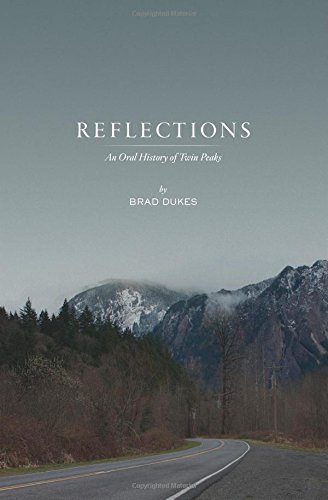 With a Blu-ray release of the complete series and deleted scenes from the originally maligned, now-championed Fire Walk with Me, Twin Peaks fever has once again gripped the media. It is an ideal time, then, for Brad Dukes’ stunningly comprehensive Reflections: An Oral History of Twin Peaks. The gang is (almost) all here, with Kyle MacLachlan, Sherilyn Fenn, Mark Frost, and Ray Wise all speaking up There’s no Lynch, but there are so many treasures here that it’s hard to be disappointed. Reflections is a 300-page-plus overview of the entire series, featuring entertaining and insightful new interviews. That makes for one of the most notable film (well, okay, TV and film) books of 2014. – Chris S.
With a Blu-ray release of the complete series and deleted scenes from the originally maligned, now-championed Fire Walk with Me, Twin Peaks fever has once again gripped the media. It is an ideal time, then, for Brad Dukes’ stunningly comprehensive Reflections: An Oral History of Twin Peaks. The gang is (almost) all here, with Kyle MacLachlan, Sherilyn Fenn, Mark Frost, and Ray Wise all speaking up There’s no Lynch, but there are so many treasures here that it’s hard to be disappointed. Reflections is a 300-page-plus overview of the entire series, featuring entertaining and insightful new interviews. That makes for one of the most notable film (well, okay, TV and film) books of 2014. – Chris S.
Anatomy of An Actor: Robert De Niro (Glenn Kenny)
Cahiers du Cinéma‘s Anatomy of an Actor series has already given us wonderful books about screen icons like Meryl Streep and Al Pacino. The latest two, studies of Robert De Niro and Tom Cruise, are no less enlightening. The great critic Glenn Kenny analyzes 10 of De Niro’s most interesting roles, and while he hits on the biggies — Johnny Boy, Vito Corleone, Travis Bickle, Jake LaMotta, Rupert Pupkin — he also includes Midnight Run’s Jack Walsh and, most pleasingly, Jack Mabry, De Niro’s character in 2010’s underrated Stone. Kenny sees the latter as one of the actor’s most compelling characters: “Despite its mixed reception critically and the fact that it came and went from theaters practically unnoticed, Stone is a major De Niro performance in what’s possibly a major film.” Such insights make Kenny’s the finest book on De Niro to date. – Chris S.
Anatomy of an Actor: Tom Cruise (Amy Nicholson)
Meanwhile, LA Weekly critic Amy Nicholson’s Anatomy of an Actor: Tom Cruise has already garnered media coverage for its astute analysis of the actor’s strange, often unfairly criticized post-Pat Kingsley career. “Miscalculating this new [TMZ era] fan fixation on ‘real’ lives, Cruise finally decided to open up to the press — way up,” Nicholson writes. Oprah, Brooke Shields, and much mockery followed, but some redemption came with Cruise’s role as Les Grossman in Ben Stiller’s Tropic Thunder. Nicholson smartly sees this performance as one of the keys in Cruise’s career, every bit as compelling as Ron Kovic or the vampire Lestat. But she also devotes significant time to Eyes Wide Shut, finding that even though his work as Dr. Bill Harford is surely “artificial, distant, and unrelatable,” it satisfied the one individual who mattered: Stanley Kubrick. “What feels flat to the audience must have felt correct to the director,” Nicholson writes. She sees a grace to Cruise’s devotion to “his master,” the great Kubrick, and finds it essential to his growth as something beyond the “popcorn king.” Finally, Cruise the actor has been given the respect he deserves. – Chris S.
Ayoade on Ayoade (Richard Ayoade)
In this book Richard Ayoade – actor, writer, director, and amateur dentist – reflects on his cinematic legacy as only he can: in conversation with himself. Over ten brilliantly insightful and often erotic interviews, Ayoade examines himself fully and without mercy, leading a breathless investigation into this once-in-a-generation visionary. Only Ayoade can appreciate Ayoade’s unique methodology. Only Ayoade can recognise Ayoade’s talent. Only Ayoade can withstand Ayoade’s peculiar scent. Only Ayoade can truly get inside Ayoade. They have called their book Ayoade on Ayoade: A Cinematic Odyssey. Take the journey, and your life will never be the same again. Ayoade on Ayoade captures the director in his own words: pompous, vain, angry and very, very funny.
The Science of Interstellar (Kip Thorne)
Interstellar, from acclaimed filmmaker Christopher Nolan, takes us on a fantastic voyage far beyond our solar system. Yet in The Science of Interstellar, Kip Thorne, the physicist who assisted Nolan on the scientific aspects of Interstellar, shows us that the movie’s jaw-dropping events and stunning, never-before-attempted visuals are grounded in real science. Thorne shares his experiences working as the science adviser on the film and then moves on to the science itself. In chapters on wormholes, black holes, interstellar travel, and much more, Thorne’s scientific insights—many of them triggered during the actual scripting and shooting of Interstellar—describe the physical laws that govern our universe and the truly astounding phenomena that those laws make possible.
Inherent Vice: A Novel (Thomas Pynchon)
Part noir, part psychedelic romp, all Thomas Pynchon. In the New York Times bestseller Inherent Vice, private eye Doc Sportello surfaces, occasionally, out of a marijuana haze to watch the end of an era.In this lively yarn, Thomas Pynchon, working in an unaccustomed genre that is at once exciting and accessible, provides a classic illustration of the principle that if you can remember the sixties, you weren’t there. It’s been a while since Doc Sportello has seen his ex- girlfriend. Suddenly she shows up with a story about a plot to kidnap a billionaire land developer whom she just happens to be in love with. It’s the tail end of the psychedelic sixties in L.A., and Doc knows that “love” is another of those words going around at the moment, like “trip” or “groovy,” except that this one usually leads to trouble. Undeniably one of the most influential writers at work today, Pynchon has penned another unforgettable book.
The Wes Anderson Collection: The Grand Budapest Hotel (Matt Zoller Seitz)
This one is technically a pre-order, as it doesn’t arrive until February, but we’d be remiss not to note: “Wes Anderson’s eighth feature film, The Grand Budapest Hotel, is the fullest expression to date of Anderson’s varied thematic and stylistic idiosyncrasies and influences—a meticulously crafted, visually resplendent matryoshka-doll caper set primarily in an alternate-history version of 1930s Europe. This supplementary, one-volume companion to The Wes Anderson Collection is the only book to take readers behind the scenes of The Grand Budapest Hotel, with in-depth interviews between Anderson and cultural critic and New York Times bestselling author Matt Zoller Seitz. Anderson shares the story behind the film’s conception, the wide variety of sources that inspired it—from author Stefan Zweig to filmmaker Ernst Lubitsch to photochrom landscapes from turn-of-the-century Middle Europe—personal anecdotes about the making of the film, and other reflections on his filmmaking process. These interviews are accompanied by behind-the-scenes photos, ephemera, and artwork, as well as exclusive critical essays by Ali Arikan, Steven Boone, David Bordwell, Olivia Collette, and Christopher Laverty; interviews with costume designer Milena Canonero, composer Alexandre Desplat, lead actor Ralph Fiennes, production designer Adam Stockhausen, and cinematographer Robert Yeoman; and an introduction by playwright Anne Washburn.” – Jordan R.
If you want to scar your children for life, the perfect holiday gift has arrived. For those that have seen this year’s The Babadook, the tactile, endlessly frightening pop-up book that haunts our protagonists is certainly stuck in your memory — and now you can bring it home. After getting enough pre-orders, it’s going into production, and those behind it say that each “will have a beautiful red fabric hardback cover. And each pop-up image will be printed on beautiful quality paper, hand glued and made to the highest standards. Just like the book in the film.” – Jordan R.
Noah (Darren Aronofsky, Ari Handel, and Niko Henrichon)
From acclaimed filmmaker Darren Aronofsky (Black Swan, The Wrestler) and artist Niko Henrichon (Pride of Baghdad), Noah is a fresh take on the biblical epic for the 21st Century. A fantastical world is about to be destroyed and one man is chosen to start a new one. As wicked forces try to take his Ark, Noah must hold his family together while they watch the annihilation of all they know. Intermixing fantasy and sci-fi with Genesis, Noah both reinvents the elements of the Flood story everyone knows and simultaneously takes the reader beyond them and into the unexpected.
A lavishly illustrated coffee-table book celebrating thirty years of artwork from the Criterion Collection. The most exciting names in design and illustration today apply their talents to some of the most important and influential films of all time. This volume gathers highlights from designs commissioned by the Criterion Collection, featuring covers, supplemental art, and never-before-seen sketches and concept art plus a gallery of every Criterion cover since the collection’s first laserdisc in 1984. From avant-garde experiments to big-budget blockbusters, cult favorites to the towering classics of world cinema, the depth and breadth of what film can be is on display in these striking images. Whether painstakingly faithful re-creations or bold reimaginings, the diverse designs collected here offer new ways for cinephiles and design aficionados alike to engage with the world’s greatest filmmakers .
Blu-ray Sets
To help tide over the wait until Queen of the Desert, two extensive Werner Herzog collections arrived this summer. While we recently highlighted the differences between both sets, one can’t really go wrong with either. Shout! Factory’s also includes some of his best works (Aguirre, The Wrath Of God, Fitzcarraldo, Nosferatu The Vampyre, and Stroszek, to name a few) along with commentaries, a pair of documentaries, and much more. – Jordan R.
Arriving this summer was the incredible Jacques Demy set from The Criterion Collection. Featuring Lola, Bay of Angels, The Umbrellas of Cherbourg, The Young Girls of Rochefort, Donkey Skin, and Une chambre en ville, there’s also a handful of documentaries, short films, and interviews that will have you immersed in the delightful world of one of cinema’s greatest directors. – Jordan R.
Perhaps Criterion’s finest release of the year, The Complete Jacques Tati is a 12-disc collection featuring Jour de fête, Monsieur Hulot’s Holiday, Mon oncle, Playtime, Trafic, and Parade. With all the features restored, along with a batch of shorts, it’s a worthy release to honor the ambitious director (with that term both applied to his visuals and style of nearly mute comedy). The additional extras are too numerous to highlight here, but check out Criterion’s official site, and if you don’t have the Benjamin to pick it up now, the set makes for a mighty fine top spot on this holiday wish-list. – Jordan R.
Stanley Kubrick: The Masterpiece Collection
If you already own individual Blu-rays of the films of Stanley Kubrick, then this collection isn’t essential, but those who need to add his work to their collection (or are looking for a perfect holiday gift) will find this does the trick. The release includes Lolita, Dr. Strangelove, 2001: A Space Odyssey, A Clockwork Orange, Barry Lyndon, The Shining, Full Metal Jacket, and Eyes Wide Shut, as well as a few new documentaries — notably Kubrick Remembered, which explores his archives. – Jordan R.
Twin Peaks: The Entire Mystery (David Lynch)
Long will Twin Peaks thrive. Despite being a short-lived, early-90s cult item — the exact and total opposite of what typically receives this lavish treatment — David Lynch and Mark Frost‘s series is, now, essentially as popular as ever. There may have never been a better time for this Blu-ray release, but how long fans have waited for its crown jewel: 90 minutes of deleted scenes from Lynch’s increasingly appreciated prequel / sequel feature, Fire Walk with Me, which also arrives for the first time on Blu-ray. There is, too, one of the great TV shows remastered for high definition, and a treasure trove of special features — including a ten-minute segment that, right now, is the best available indication of where things will be when we’re all tuning in to Showtime. (There are also supercuts of every time trees, owls, pies, donuts, and a few other visual staples appear in the show. This was overseen by Lynch, after all.) The TV release to beat in 2014? Very likely, and that’s not even with a catch-up having become all the more necessary since that strange Northwestern town got a 1080p upgrade. – Nick N.
The Sopranos: The Complete Series
Although its first season is, to the surprise of few, not a perfect match with a 1080p presentation, The Sopranos‘ visual palette only grows richer as its writing runs deeper. Perhaps this correlation will enhance a viewer’s appreciation of one of the greatest series to ever air on television; better yet are the hours of extras packed throughout, offering insights from both creative forces and experts. If you’ve yet to experience all six seasons of David Chase‘s benchmark masterpiece — boy, do you earn my jealousy — there’s never been a better place to start. – Nick N.
Albums
Under the Skin Original Soundtrack on Vinyl (Mica Levi)
Based on the novel by Michael Faber, Jonathan Glazer‘s film follows the journey of a voluptuous woman (Scarlett Johansson) of unknown origin combing the highway in search of isolated or forsaken men. They are seduced, stripped of their humanity, and never heard from again. The music, which plays a critical role in the film and has been mentioned numerous times in reviews, is by British-born Mica Levi, known by her stage name Micachu. She is classically trained and is best known for her band Micachu & The Shapes and for experimental music in a variety of genres.
Inherent Vice Original Soundtrack (Jonny Greenwood)
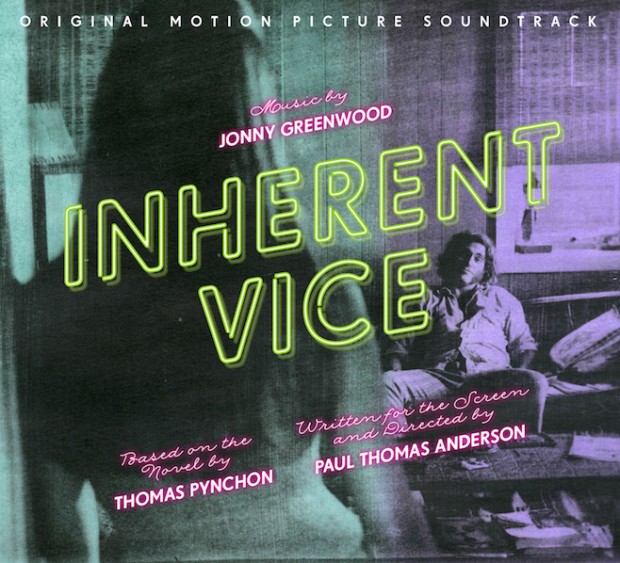
An adaptation of the Thomas Pynchon novel of the same name, Inherent Vice, which will be released by Warner Bros. Pictures in theaters starting on December 12, is set in the tail end of the psychedelic ’60s and stars Oscar nominees Joaquin Phoenix, Josh Brolin, and Owen Wilson. In addition to nine compositions by Jonny Greenwood, the soundtrack features “Spooks,” an unreleased Radiohead tune performed by members of Supergrass, as well as other recordings from the movie’s era. Additional performers include The Royal Philharmonic Orchestra, Neil Young, Can, and The Marketts, among others.
Games and More
Considering engaging film-related games are far and few between, Cinelinx is a breath of fresh air. Like a mix of dominoes and the movie trivia contained in your memory, the card game finds you connecting related actors, films, genres, and more until you conquer all. Featuring 220 different cards — there’s an expansion pack for those so inclined — it can be played with two-to-six players for upwards of an hour, a highly enjoyable experience I can personally recommend. – Jordan R.
Halloween has passed, but those already putting the first touches on their fake noses for a Steve Carell-inspired Foxcatcher costume next year can cross another item off the list. We have the custom-made Foxcatcher sweatshirt worn by those being trained at John du Pont’s facility, courtesy of Etsy. Described as “cozy and soft” — just like Bennett Miller‘s film! — it’s the perfect gift for those strange birds in your family. – Jordan R.
What will you pick up this holiday season? If you have additional suggestions, share below.

